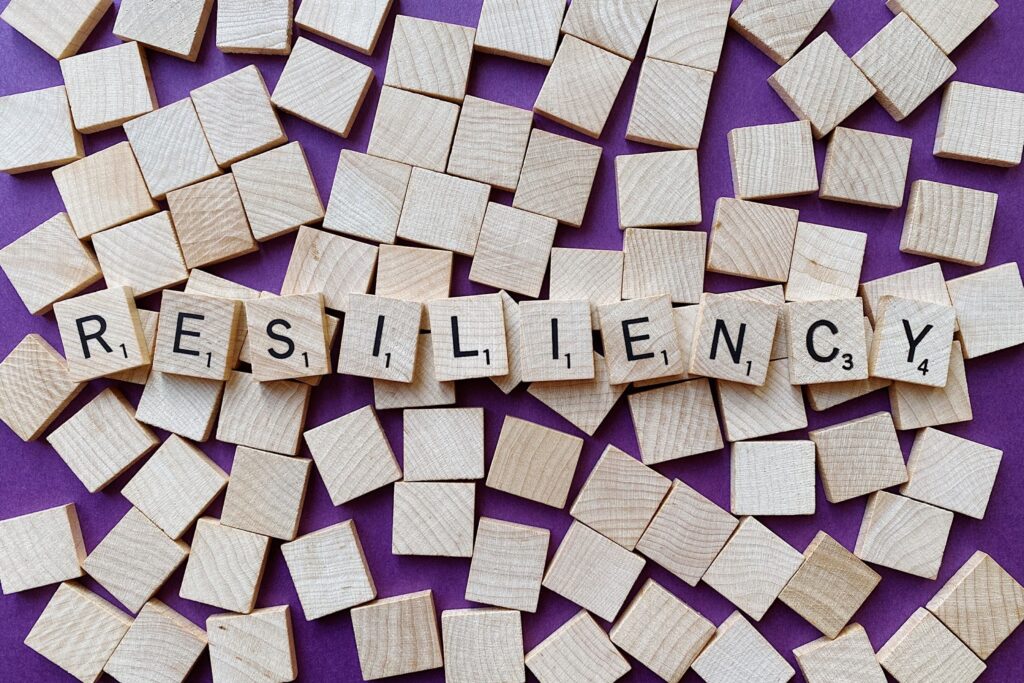Photo by WOKANDAPIX on Pixabay
Welcome to the Social Psychology Glossary!
In these blog posts, I will explain Social Psychology terms and theories and add some examples from research.
These terms and theories help social psychologists understand how people perceive others, interact with them, and make judgments about the social world and its members. These psychological processes can impact well-being and decision-making: being aware of their existence is a key factor that helps individuals and society to move towards gender diversity, gender equality, and equality in general.
Today we will explain what Resilience is.
Resilience
“See how much of me is left?”
Jodi Picoult, The storyteller, 2013
The word resilience has an ancient etymology. It comes from the Latin resiliens, present participle of resilire, which means “to get up, to raise again”. For example, people would use the verb resilire for the action of getting on an upturned ship. More recently, instead, the word resilience has been used in material science. It refers to the ability of a material to absorb energy and still return to its original state. Finally, and most importantly for us, since you are reading the Social Psychology Glossary, resilience refers to a psychological ability. When a person is resilient, they are able to face difficulties, maintain challenging personal objectives, and “rise again”. It is more about the process and less about the outcome.
Resilience is a cognitive ability. In other words, it is related to how we process information and knowledge. We can process information in more positive and supportive ways, or with more negative and disruptive perspectives, as discussed in our last post about Attributional and Explanatory Styles. Broadly speaking, three factors can help build stronger resilience: finding inner motivation for an objective, ignoring the myth of talent, and believing that diligence pays off. Psychological resilience matters because it can improve the wellbeing of people, and it is associated with protective factors such as self-esteem, positive emotions, or self-efficacy. Since the lives of PhD students can be stressful, understanding resilience can be really useful.
What can help us if we want to be more resilient and feel better? One first solution can be mindfulness. Practicing mindfulness means learning not to react to the contents of our thoughts as if they are reality and focusing on the here and now – whatever there is, be it joy, peace or worry. Psychological resilience, in fact, considers reality and genuine thoughts, but then tells us that we are able to grow, that we can learn, and that things can improve.
Everyone has this ability to some extent, and people are not pressured to change it in any way. If people care about resilience, however, I add some last considerations: it is important to understand negative moments as they are, and not ignore them, in order to feel better. It is important to respect these negative moments in others. Being resilient also means asking for help when needed: it means believing that things, or us, will get better, with some effort and perseverance.
People’s wellbeing, however, is influenced by multiple factors: some difficulties people face are not their own, personal responsibility. Some issues are caused by structural or external factors. The same happens with protective elements. Some supportive factors – like psychological resilience – are found within each individual, but some other factors are societal and placed at a broader level. Bronfenbrenner’s ecological theory focuses on the differences between these levels of analysis and will be the topic of our next post.
Suggested Readings
- Picoult, J. (2013). The storyteller. New York, NY: Atria, 2013
- Schwarz, S. (2018). Resilience in psychology: A critical analysis of the concept. Theory & Psychology, 28(4), 528–541.
- Trabucchi, P. (2012). Perseverare è umano. Milano: Corbaccio.

Train the sponsor — Implementation of a new mentoring training (UK)
